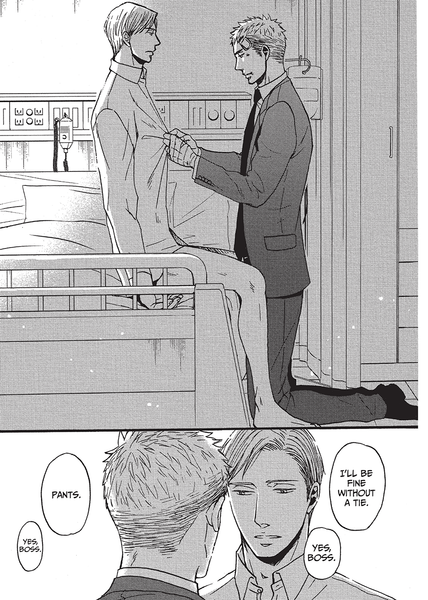


and how to avoid the clutches of the Immigration Service the next time.” He also remembers that other Japanese people on the Island were despondent on Christmas day because that was the day they learned of Emperor Taisho’s death. The others were waiting to be deported to Japan and, as Yoneda notes in his autobiography, “their conversation dealt entirely with questions of how to get back into the U.S. Yoneda stayed in a room with nine other Japanese men, all of whom were in very different situations than him. Living quarters at Angel Island were segregated according to gender and ethnicity. Despite being an American-born citizen in possession of his own birth certificate, Yoneda was detained in the barracks at Angel Island for two months to await verification of his identity by relatives in the U.S. After spending ages 7 through 21 in Hiroshima, he returned to the United States in order to avoid being conscripted into the Imperial Army. Yoneda was a kibei, which meant he was a Japanese American who was born in America (in Glendale, CA) but educated in Japan. Yoneda would be unjustly detained twice in his lifetime- both times for far longer than his 16-day ship journey, and both times due to the discriminatory policies of his own country. Unfortunately, Yoneda’s trip across the Pacific was not his final experience with cramped conditions. Courtesy of UCLA Asian American Studies Center. Scan by Vincent Chin from Ganbatte: Sixty-Year Struggle of a Kibei Worker. Yoneda holding the book Memoirs of a Revolutionary at age 17 (1923) in Hiroshima.


 0 kommentar(er)
0 kommentar(er)
